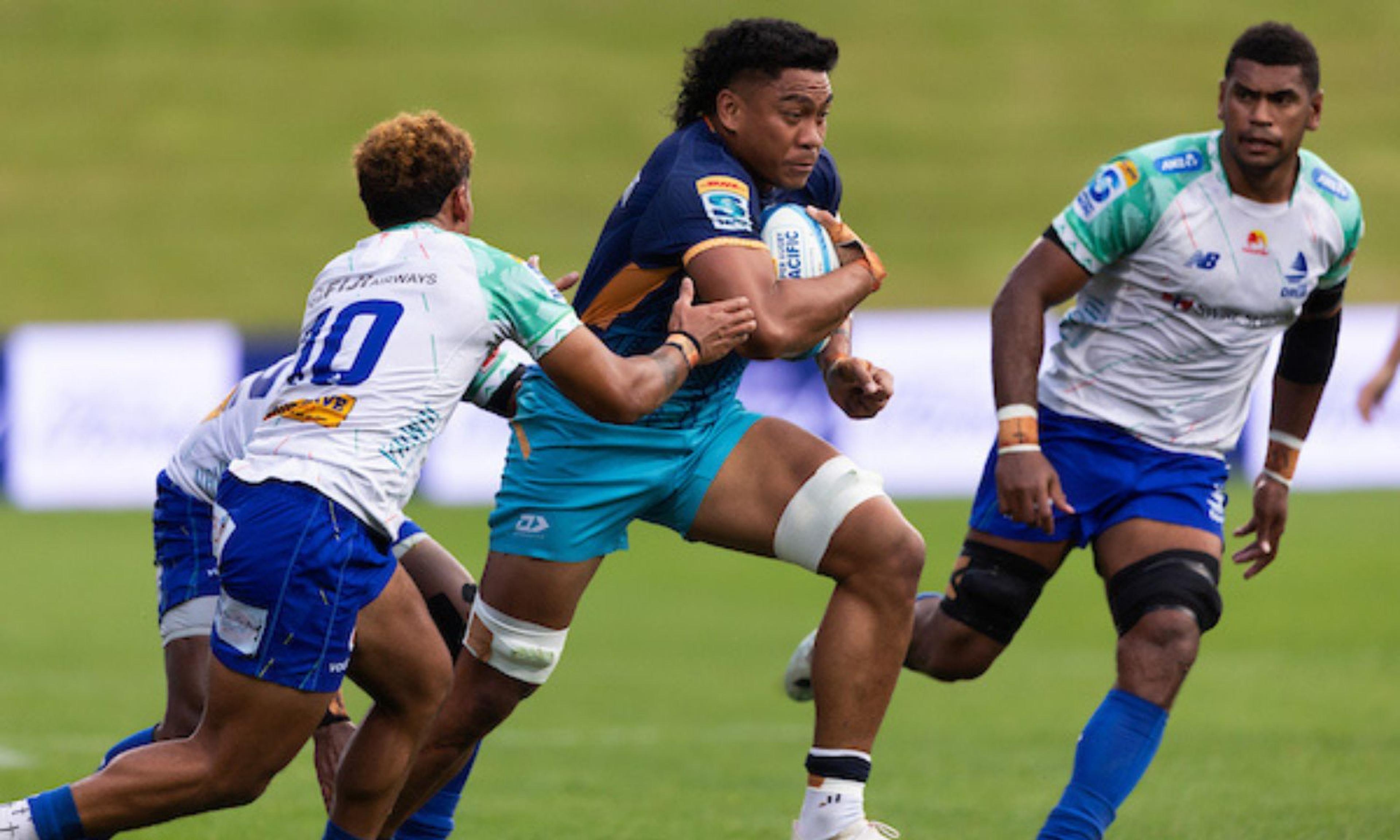

Rotumans in Hawaii celebrate their culture.
Photo/Ke Alaka'i
Kesmas Lelei: Rotumans spreading the festive cheer
As part of our Summer Series, we bring you Christmas celebrations underway on a remote Pacific island.


A.R.T sets new Pacific music pace with ‘First Thursday’ releases


Visa-free Pacific-travel push splits Parliament as ACT holds back

Last-gasp drama and big statements set up Pacific blockbuster in Super Rugby opener

A.R.T sets new Pacific music pace with ‘First Thursday’ releases


Visa-free Pacific-travel push splits Parliament as ACT holds back
On the island of Rotuma, Christmas celebrations begin on 1 December, which makes it one of the few places in the world to start the festive season this early.
The island's 1500 residents observe a tradition during this time called "fara," where locals visit their neighbours to sing, dance, and feast. It's about sharing the joy of Christmas with kaunohoga (family) and kaumane'aga (friends).
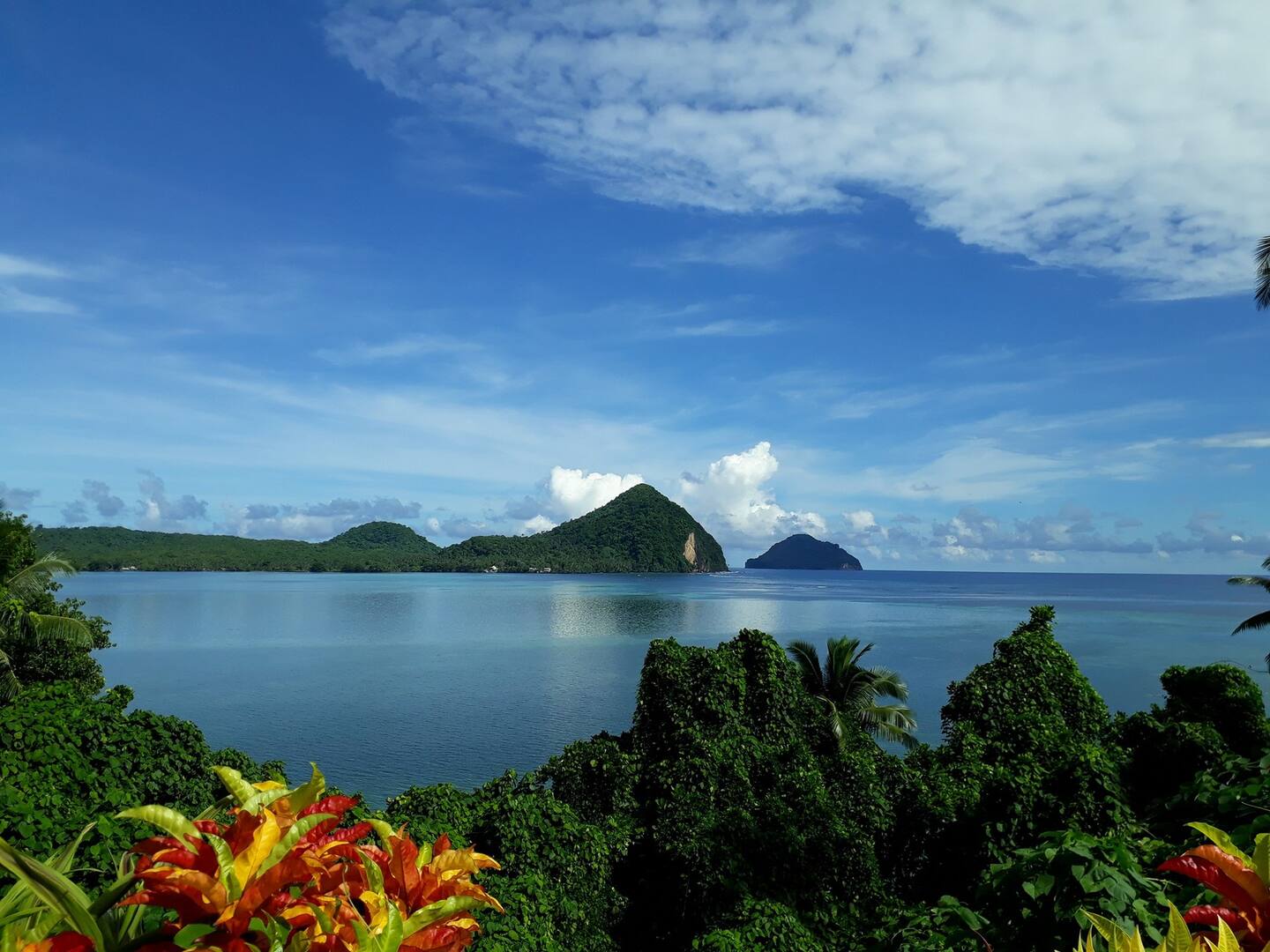
Taken from the government centre of Ahạu overlooking Mount Solroroa and the neighbouring uninhabited island of Uea. Photo/supplied
For Monika Fiu and other Rotumans, the festive season starts on 1 December and lasts until 1 January.
She describes how the islanders prepare for the "fara" season each Christmas by feasting and fishing, which she likens to Western culture's “Caroling” tradition.
For those unable to visit Rotuma, the stories shared by the families on the island make for great conversations over meals or around the yaqona session (a communal gathering around the basin to drink kava).
Auckland resident Sopapelu Samisoni explains the 'fara'.
Rotuma, a dependency of Fiji, is about 3200km north of Aotearoa, New Zealand. Its population is just over 1500 (2017 Census), while 10,000 Rotumans live on the Fijian mainland.
Rotuma is a collection of tiny volcanic islands situated 640km northwest of the Fijian capital, Suva. Seven island chiefs ceded it to Great Britain in 1881 after conflicts between French priests and English missionaries.
When Fiji gained independence from Britain in October 1970, Rotuma was under its authority.
According to Fred Ralifo of the LäjeRotuma Initiative (LRI ), Christmas wouldn't be complete for Rotumans without the "fara".
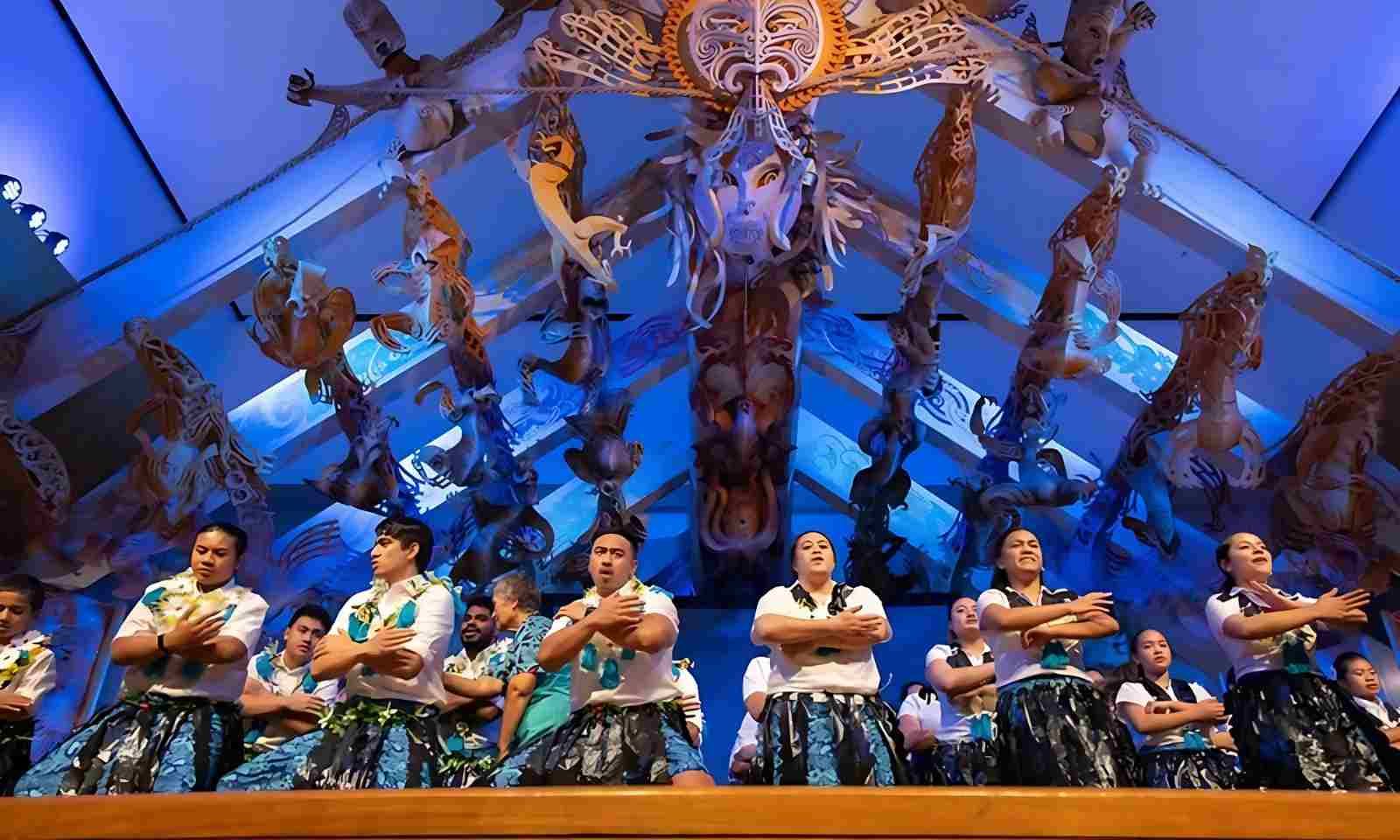
Rotumans in New Zealand celebrate their culture in Wellington. Photo/supplied
When a "fara" group arrives at your home, they perform songs and dances, and the families who host them express their gratitude by showering the performers with powder, perfume, food, and drinks before they move on to their next destination.
However, "fara" is not the only highlight of the festive season.
Island exploration is also a popular activity, including fishing adventures.
The return of clams, octopus, and strombus to the reefs has been mainly celebrated, as evidenced by the plentiful fish baskets and ensuing Christmas feasts.
Data from LRI surveys show that over the past 10 years, the number and size of invertebrates caught in Rotuma have been declining.
"The return of these invertebrates is an interesting and exciting tale, as the island community does not have a marine protected area, and currently, the main threat is the noticeable increase in heat," the survey reveals.
Such stories of abundance have encouraged the LRI to continue its community engagement efforts to understand better and preserve Rotuma's rich natural resources.
Rotumans living in Suva have been celebrating the annual "fara," spreading festive cheer throughout the community.
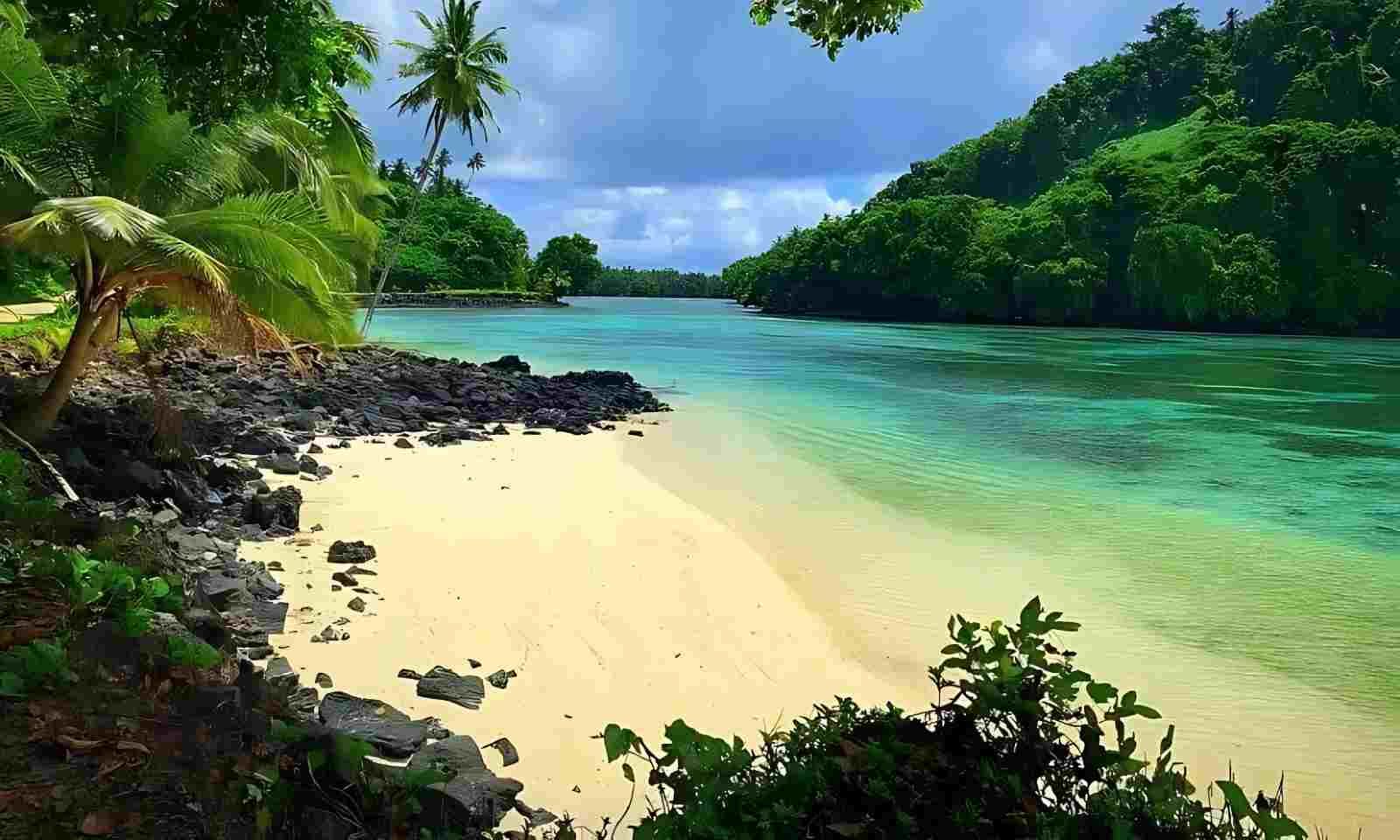
Rotuma Island. Photo/supplied
The celebrations in the capital have extended to those living in nearby towns - from Pacific Harbour and Tokotoko along the Queen's Highway to Nausori.
In Aotearoa, it's no different. The diaspora, totalling fewer than 1000 people, gathers to celebrate.
Vika Fonmanu emphasises the importance of giving and sharing during the season and reflecting on the true meaning of Christmas.
She encourages anyone who knows Rotumans participating in "fara" events this month to join.
"You will enjoy it while you learn something about the Rotuman culture. Kesmas Lelei ma Fau Fo`ou `Oaf`ofa (Merry Christmas and a Happy New Year," she says.
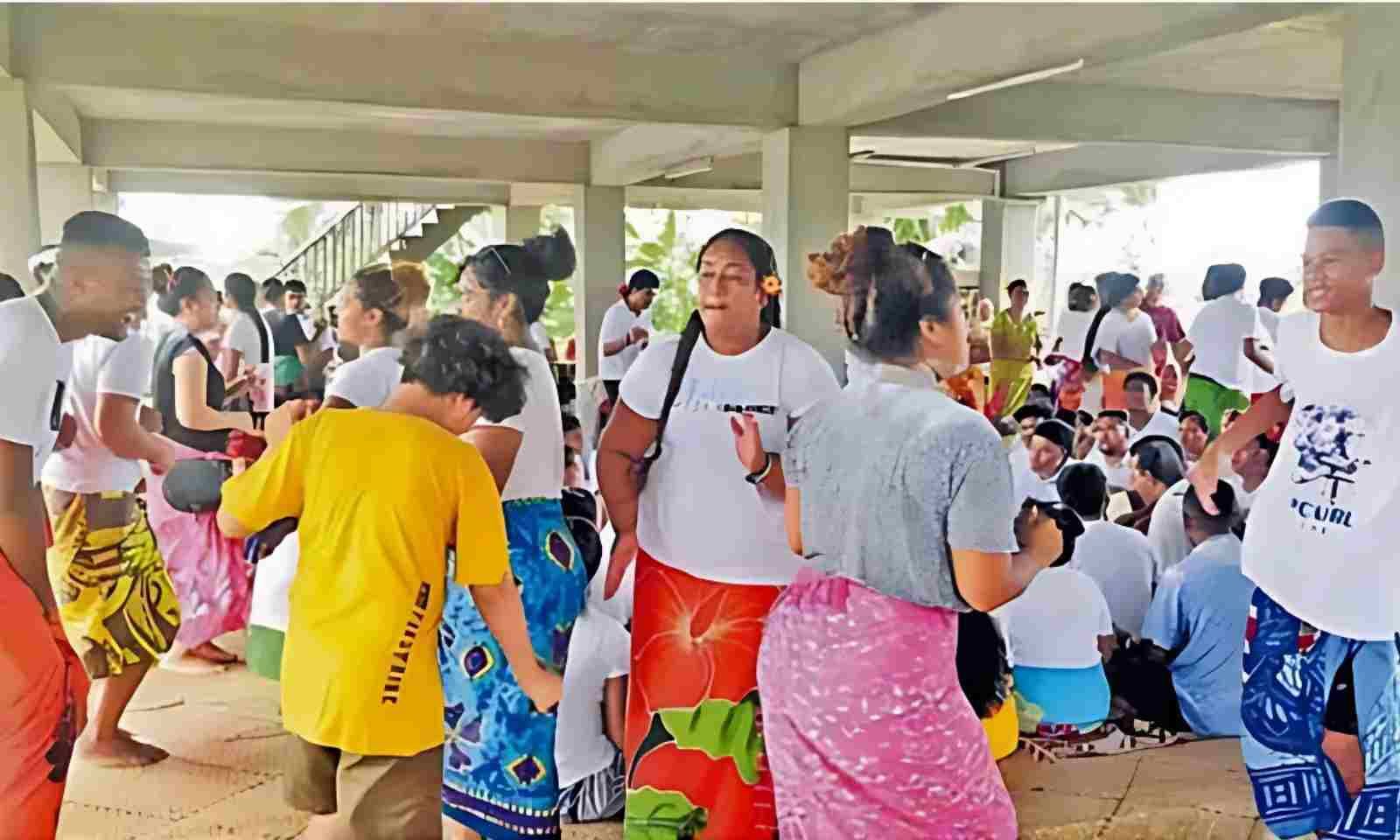
FaraFest: It's that time of the year for Rotumans, wherever they are. Photo/supplied